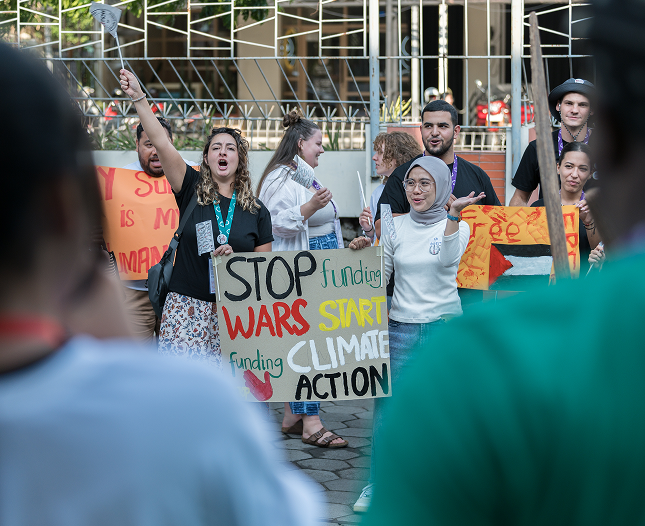Climate Finance, Adaptation and Loss and Damage: Financing Communities Towards Climate Resilience
In 2024, ACT Alliance’s Climate Justice programme deepened its efforts to mobilise climate finance and advance justice for communities experiencing the brunt of climate change. At the core of our approach is the belief that communities on the frontlines of the climate crisis must not only be protected but also prioritised in the design and delivery of climate finance mechanisms and programmes
Through policy advocacy, research, and locally led programmes, we worked to strengthen adaptation and resilience while amplifying calls for fair, predictable, and accessible financing for Loss and Damage, and Just transitions. This included a sharp focus on the operationalisation of the Loss and Damage Fund and influencing the New Collective Quantified Goal on Climate Finance.
Across our alliance, members continued to link global advocacy with local impact ensuring that rights and faith-rooted action and lived community experiences shape global climate discourse.
